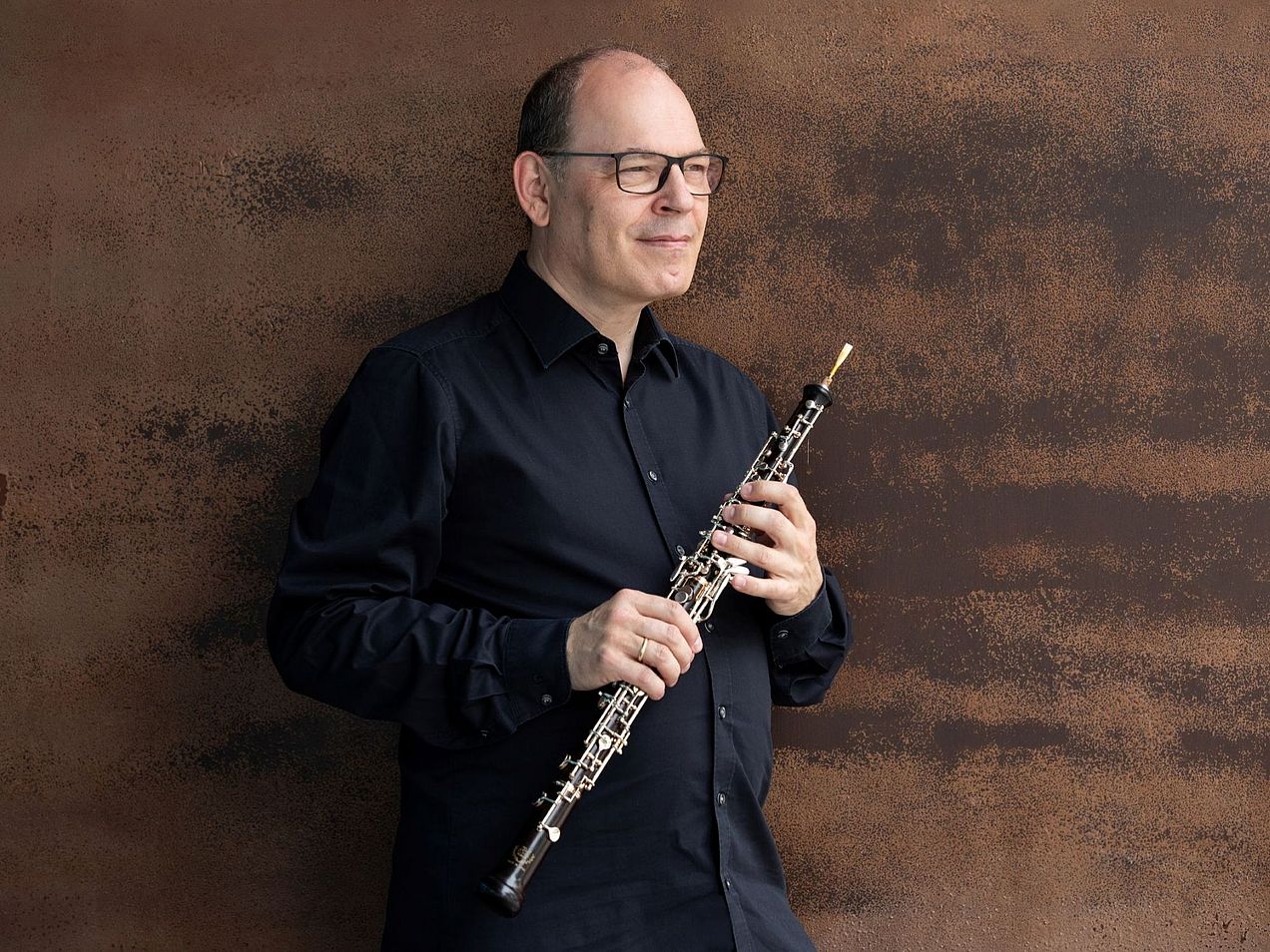What are you particularly looking forward to with regard to your new position?
I am very much looking forward to continuing my work as a temporary professorship at the Nuremberg University of Music in the coming academic year. I particularly appreciate the collegial, friendly collaboration and the lively exchange between tradition and innovation that characterises the artistic work here. It is a great gift to work in Nuremberg both in the State Philharmonic Orchestra and at the university and to be able to optimally combine practice and education.
What is your impression of the Nuremberg University of Music?
For me, the Nuremberg University of Music is a very personal and inspiring institution. You know many colleagues personally, which enables short communication channels and open, appreciative collaboration. Particularly important here is the excellent, comprehensive education of the students, who are not only supported professionally but also individually. This personal support, the confidence in their respective skills and the excellent spatial and organisational working conditions create an environment in which young musicians can develop optimally.
What are your goals and visions for your time as professor?
My main goal is to continue my previous work in the best possible way and to prepare students for their dream job in the best possible way, even under increasingly challenging cultural conditions. It is particularly important to me to pass on the orchestral knowledge I have gained over more than three decades with great pleasure in rehearsals of movements, functions and repertoire and to continue to be actively involved in the university orchestra's projects. Another focus will be to further improve the conditions for reed making - i.e. the production of oboe mouthpieces - in the training programme and to make them more practical. I would also like to intensify contacts with the two Nuremberg orchestras in order to give our students even more insights and valuable practical experience.

Share